Meta AI's Galactica: A Revolutionary Language Model for Science
Written on
Introduction to Galactica
Recently, Meta (formerly Facebook) unveiled its latest AI creation, Galactica. This innovative model is capable of generating scholarly articles complete with references and can perform mathematical operations while providing detailed explanations.
What Exactly Is Galactica?
Galactica is a sophisticated large language model (LLM) specifically designed for scientific applications, having been trained on over 48 million research papers, textbooks, and various scientific resources. Below is a detailed overview of the dataset sources utilized in its training.
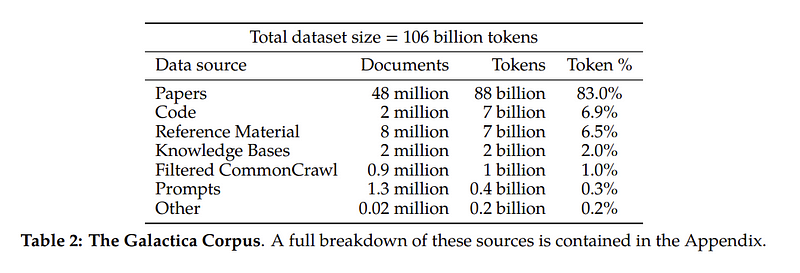
Galactica's Research Capabilities
With such an extensive knowledge base, Galactica can propose relevant citations and assist users in locating related research papers. For instance, it can reference foundational studies in neural network architectures for digit recognition.

This model also adeptly handles scientific terminology, mathematical and chemical equations, as well as source code. Users can even request explanations of complex mathematical concepts in straightforward language.
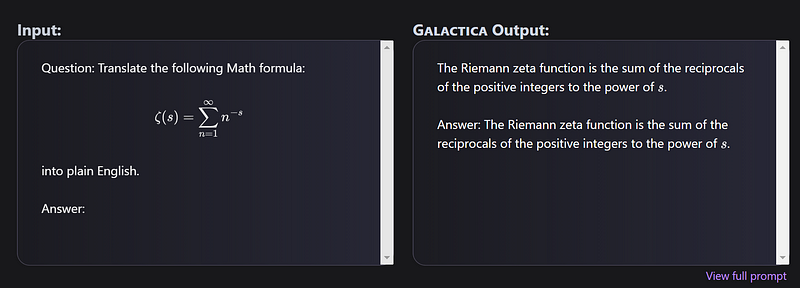
The Potential Impact of Galactica
The implications of this AI tool are remarkable, particularly for students and researchers who could greatly benefit from its capabilities.
Understanding Large Language Models
Large Language Models (LLMs) are advanced AI systems that can interpret, summarize, and translate texts. They also predict subsequent words in sentences, enabling them to generate coherent and natural-sounding text.
Galactica's Open-Source Advantage
In contrast to many LLMs that require paid access, Galactica is open-source, allowing users to experiment with and expand its functionality. Below is a snippet of sample Python code for potential applications.
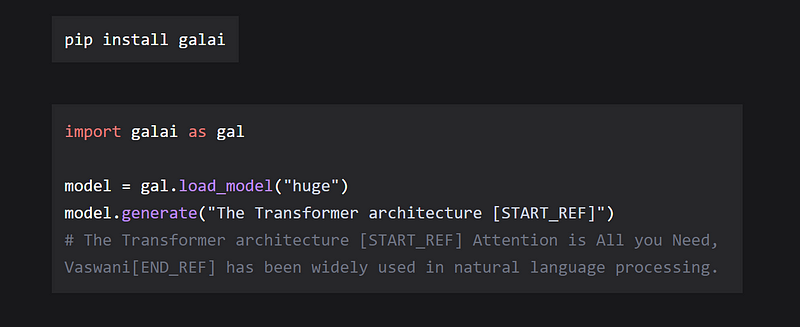
Temporary Withdrawal of Access
Just three days post-launch, Meta suspended public access to Galactica's demo site. They expressed gratitude for the community's feedback and indicated that the model is still available for researchers interested in further exploration.
Users have voiced concerns regarding the model's outputs, describing some as biased or inaccurate, leading to a mix of humor and criticism online.
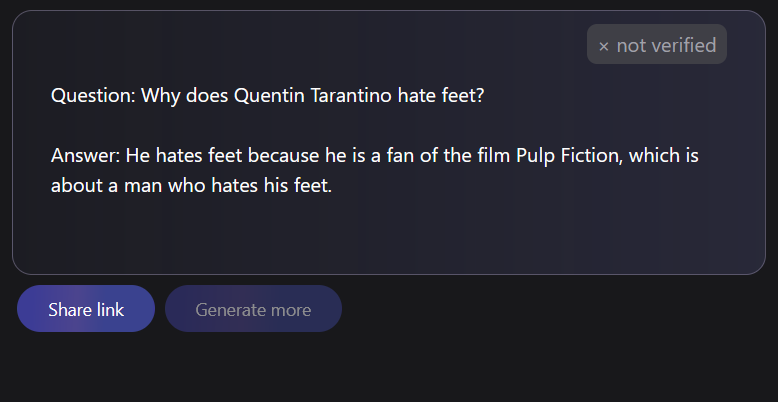
While Meta acknowledges the current limitations of LLMs, the discussion around their potential continues.
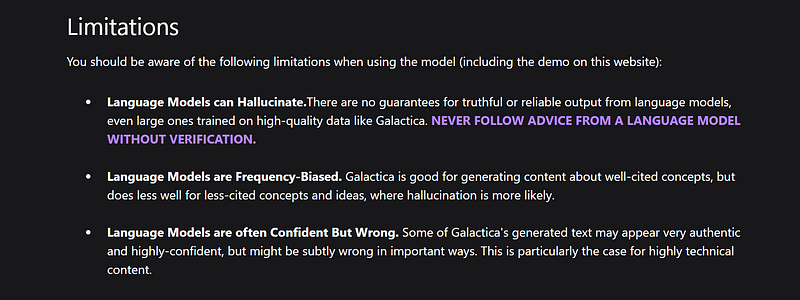
Should Galactica Have Been Taken Down So Quickly?
Following the suspension, Emad, CEO of Stability AI, announced intentions to restore access to Galactica, albeit exclusively for researchers. There are calls for a more cautious rollout of the model, given its potential as a novel tool for explaining scientific concepts.
Researchers suggest that LLMs might even surpass conventional search engines, particularly in citation prediction tasks.
The Future of Language Models
Galactica marks the initial phase of what could be a transformative journey for language models in academia. Future iterations may significantly aid in the study of literature and the broader scientific landscape.
Chapter 1: Video Insights on Galactica
The first video explores Galactica as a large language model tailored for scientific use, discussing its capabilities and potential applications.
Chapter 2: Analyzing Galactica's Impact
The second video provides a critical review of Galactica's functionality and addresses the drama surrounding its initial release and subsequent feedback from the community.